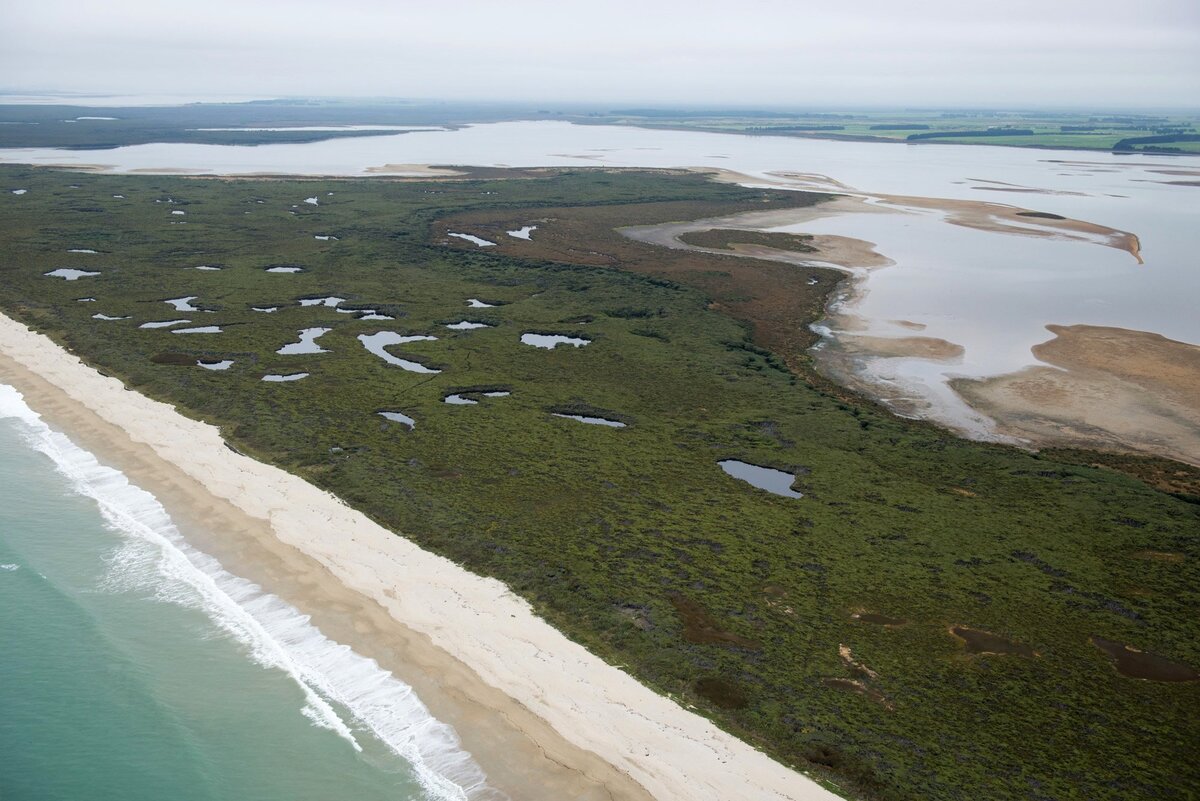Southern council failed to protect wetlands, court finds
Local Democracy Reporter
21 February 2025, 2:00 AM
 The Waituna Lagoon, which forms part of Southland's Awarua Wetlands. The regional council is under fire for its efforts in protecting wetlands. Photo: Living Water/Supplied
The Waituna Lagoon, which forms part of Southland's Awarua Wetlands. The regional council is under fire for its efforts in protecting wetlands. Photo: Living Water/SuppliedA southern council failed to care for its wetlands, with a judgement describing those in the region as “significantly degraded in recent decades”.
Legal proceedings were lodged against Environment Southland in September for a range of issues including not taking appropriate action against wetland drainage or investigating and enforcing where it was known.
The applicant, Environmental Law Initiative, claimed more than 2709ha of wetlands were lost in Southland between 1996 and 2018 — almost half of the country’s total loss since that early date.
A High Court ruling was released on Tuesday stating the council had failed to monitor the state of the environment for wetlands and their drainage, as was required by the Resource Management Act.
It had also failed to take appropriate action, and did not comply with sections of the Resource Management Act in regards to proposed and operative plans, the judgement said.
ELI senior researcher Anna Sintenie said her group was "really happy" with the outcome.
“We’re hoping that the council really reflects on the decision and where their failures have been shown to exist.”
A lot of ecosystems hinged on the existence of wetlands but there were not many left compared to historic amounts, Sintenie said.
She hoped the ruling would prompt the council to target its response to where the main issue lay — unconsented drainage.
“Southland will need to step up a bit in terms of its monitoring . . . and also the rules and provisions that it has, and how it's using those to protect wetlands.”
The council released two reports on wetland loss the same month it was taken to court, painting a grim picture of the situation.
They showed Murihiku Southland had experienced the greatest amount of wetland loss in New Zealand, and 98 percent was at the hands of farming and forestry.
Since 2014-15, there had also been an 8 percent reduction in the total amount of wetland.
The court judgement said it was uncontested that the region’s wetlands had been “significantly degraded in recent decades”.
“The unchallenged evidence in this case refers to research which reveals that as much as 90 percent of the wetlands in Aotearoa New Zealand have been lost since 1850.”
Wetlands were not only important habitats for native birds, fish, and plants but also a taonga for Māori, the judgement noted.
Meanwhile, the council had not undertaken any further mapping of wetlands since a report in 2018 and did not accept it had failed to take sufficient action.
Court action came on the back of ELI researching the issue and making enquiries with the council.
In a statement, Environment Southland said the decision provided "helpful clarification" for how it had fallen short in meeting statutory obligations.
The council was aware of issues with its water plan and was replacing it with a new one, as well as developing a wetland programme for monitoring purposes.
The court ruling did not result in any orders being issued, but a noting that the council did not meet its statutory obligations.
LDR is local body reporting co-funded by RNZ and NZ on Air